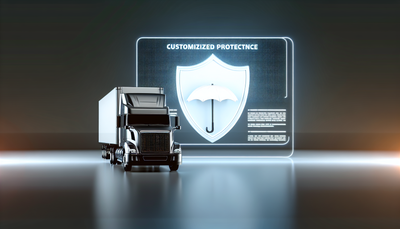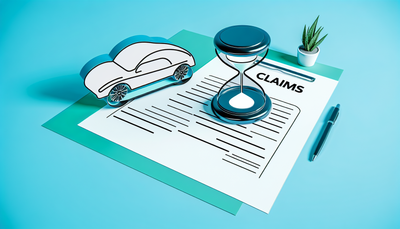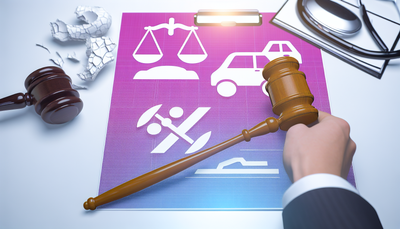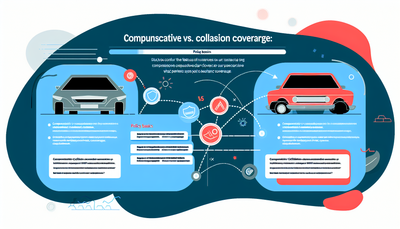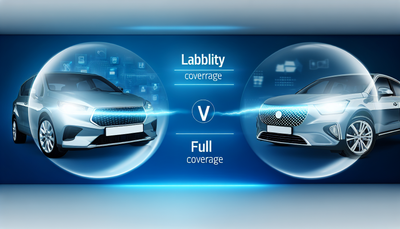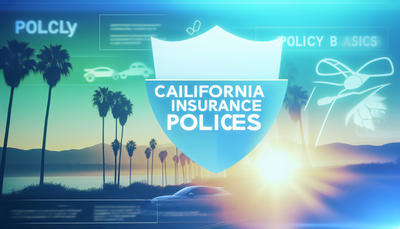A Beginner’s Guide to Car Insurance Terms and Coverage Options

A Beginner’s Guide to Car Insurance Terms and Coverage Options
Navigating the world of car insurance can feel like learning a foreign language. Premiums, deductibles, liability—what does it all mean? If you’re new to auto insurance or just looking to better understand your policy, this car insurance guide will walk you through the basics, helping you make informed decisions and avoid costly mistakes.
Why Understanding Car Insurance Matters
Car insurance isn’t just a legal requirement in most states—it’s also a financial safeguard. Knowing what you're paying for and how you're protected can make all the difference when the unexpected happens. Let’s break down the must-know insurance terms and coverage options every driver should understand.
Common Car Insurance Terms Explained
Before diving into coverage types, let’s define some key terminology:
1. Premium
This is the amount you pay to your insurance company—typically monthly, semi-annually, or annually—to keep your policy active.
2. Deductible
The deductible is what you pay out of pocket before your insurance kicks in after a claim. For example, if your deductible is $500 and your repair costs are $2,000, you’ll pay $500 and your insurer covers the rest.
3. Liability
Liability coverage protects you if you’re at fault in an accident, covering damages and injuries to others. It doesn’t cover your own vehicle or injuries.
4. Policy Limit
This refers to the maximum amount your insurance company will pay for a covered claim. Limits apply per incident and/or per person depending on the coverage.
5. Claim
A claim is a request made to your insurance company for payment based on the terms of your policy. Claims can be for damage, injury, or other covered events.
Types of Car Insurance Coverage Options
Insurance policies can vary widely, but here are the most common coverage options you’ll encounter:
1. Liability Coverage (Bodily Injury and Property Damage)
Required in most states, this basic coverage helps pay for injuries and property damage you cause to others in an accident.
2. Collision Coverage
Collision insurance pays for damage to your vehicle resulting from a crash, regardless of who’s at fault. It's especially useful for newer or financed cars.
3. Comprehensive Coverage
Protects against non-collision-related damage such as theft, vandalism, weather events, or hitting an animal.
4. Personal Injury Protection (PIP) or Medical Payments
Covers medical expenses for you and your passengers, regardless of who caused the accident. Some states require PIP.
5. Uninsured/Underinsured Motorist Coverage
If you're hit by someone without insurance—or with insufficient insurance—this coverage compensates for your injuries and vehicle damage.
6. Gap Insurance
If you lease or finance your car, gap insurance covers the difference between what you owe on the loan and what your car is worth if totaled.
Tips for Choosing the Right Insurance for You
- Assess Your Needs: Consider your vehicle’s age, value, and your driving habits when deciding on coverage.
- Compare Quotes: Rates vary by provider, so shop around to find the best deal.
- Understand State Requirements: Make sure you meet your state’s minimum coverage mandates.
- Don’t Skimp on Coverage: Saving on premiums might cost you more in the long run if you’re underinsured.
Conclusion
Understanding your car insurance shouldn’t require a dictionary. With this foundational knowledge of insurance terms and coverage options, you’re now equipped to confidently assess policies and protect yourself on the road. Remember, the right policy is not just about legality—it’s about peace of mind.
Whether you’re insuring your first car or just need a refresher, use this guide to navigate your way through the insurance maze and drive forward safely.
Looking for more tips? Check out our other posts in the Policy Basics category for deeper dives into insurance essentials.

